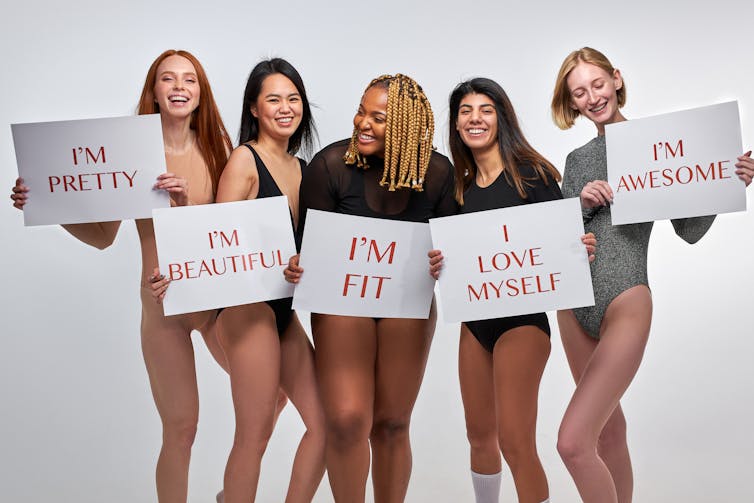The term “manlet” is an informal way of referring to men perceived to be shorter in stature. While its usage varies depending on context, it’s essential that it be treated with consideration and empathy.
Origins and Stereotypes Associated with the Term
Table of Contents
The term “manlet” originated online communities as a derogatory way to mock short men, yet has since been extended as an offensive insult against individuals based on their physical characteristics. Unfortunately, its prevalence remains in some communities today as an insulting way of dissing individuals based on physical appearance alone.
Shorter men have long been associated with harmful stereotypes that suggest they are weaker, less masculine, or somehow inferior in some way. Not only are such views baseless but they contribute to body shaming and perpetuate toxic masculinity.
Challenging Stereotypes and Adopting Body Positivity
Combatting stereotypes associated with “manlets” is essential in creating a culture of body positivity and acceptance; height should never be used to assess a person’s worth, character, or capabilities.
Each individual, no matter their height, deserves respect and should be appreciated for their unique qualities and contributions. Adopting body positivity means acknowledging and appreciating all human bodies- including different heights- as part of our human family.
Promoting inclusivity and rejecting height-based stereotypes allows us to foster a more equitable society where individuals of all heights feel accepted and valued. Focus should instead be put on qualities like kindness, intelligence, and compassion rather than physical attributes.
FAQ: The Ultimate Guide To Your Questions
Q. Is “manlet” always used in an insulting context?
A: The term “manlet” was initially coined to denigrate men. Since its creation, its usage has evolved and become more inclusive across communities. While some may use the term lightheartedly or self-referentially, it’s important to be aware of any potential harm caused by using such terms and approach this topic with care and sensitivity.
Q. Are shorter men inherently weaker or less masculine?
A: No, height has no correlation to a person’s masculinity, strength or worth as an individual. Such stereotypes are unjustified and harmful – masculinity and strength exist outside physical characteristics alone and should never be reduced to just that factor alone.
Q. How can we promote body positivity for individuals of varying heights?
A: Promoting body positivity involves challenging societal norms and stereotypes related to height. This requires celebrating individuals for their unique skills and contributions rather than emphasizing physical attributes alone. Encouraging acceptance, inclusivity and respect across body types is paramount.
Q. What can individuals do to overcome height-based stereotypes?
A: Individuals can combat height-based stereotypes by rejecting them and actively supporting inclusiveness and acceptance. This can be accomplished by challenging derogatory language, supporting body positivity movements, and treating everyone equally regardless of height.
Q. What is the significance of challenging height-based stereotypes?
A: Height-based stereotypes must be challenged in order to foster a society that values diversity and embraces inclusivity. Such stereotypes promote harmful ideas, encourage body shaming, and have detrimental effects on individual’s self-esteem and mental well-being; by challenging such stereotypes we foster an inclusive and accepting environment for all.
Stay tuned to Chopnews for the latest scoops and updates of Latest News, Technology News, Business News, World News and Entertainment News.














































